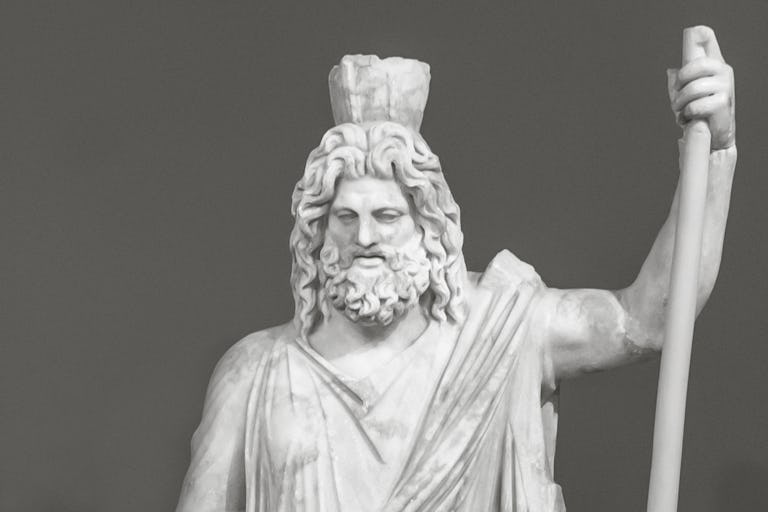As explained recently on this blog, the pagan gods and goddesses are real, and can overcome our will and command obedience when we lose touch with the one true God. But there is one important god I overlooked: Hades.
He is not as sinister as he might sound.
Understand that the Greek underworld, which he rules, is the memory. Hades is the spirit we call nostalgia. Things in memory develop a golden quality, which can be seductive. As a result, some people live mostly in their memories of bygone days. These same people can tend to hunger for death; although this is not the only path to suicidal thinking.
Saying it is memory might make the underworld sound ephemeral. That would be a misunderstanding. It is the world of the present that is ephemeral. The present is gone in an instant; one never steps into the same stream twice. By contrast, everything in memory is eternal. That is what gives it that golden glow. We can, as individuals, it is true, forget things, but that does not mean they are no longer there—any more than the ceiling of our bedroom is no longer there if we close our eyes. A sudden smell or the sound of music can evoke a memory long forgotten. It was always there, in some spiritual storehouse.
Nor is there any reason to suppose that spiritual storehouse memory is individual. More or less by definition, anything that continues to exist when we are not conscious of it is not part of our consciousness, of our mind. It has objective existence.
Accordingly, imagining our memories die with us makes no more sense than supposing the physical world is limited to our own experience of it—and dies with us. I have never visited Africa. I have no memories of it. Is that important evidence that Africa does not exist?
It is more plausible to suppose that we die into our memories.













No comments:
Post a Comment